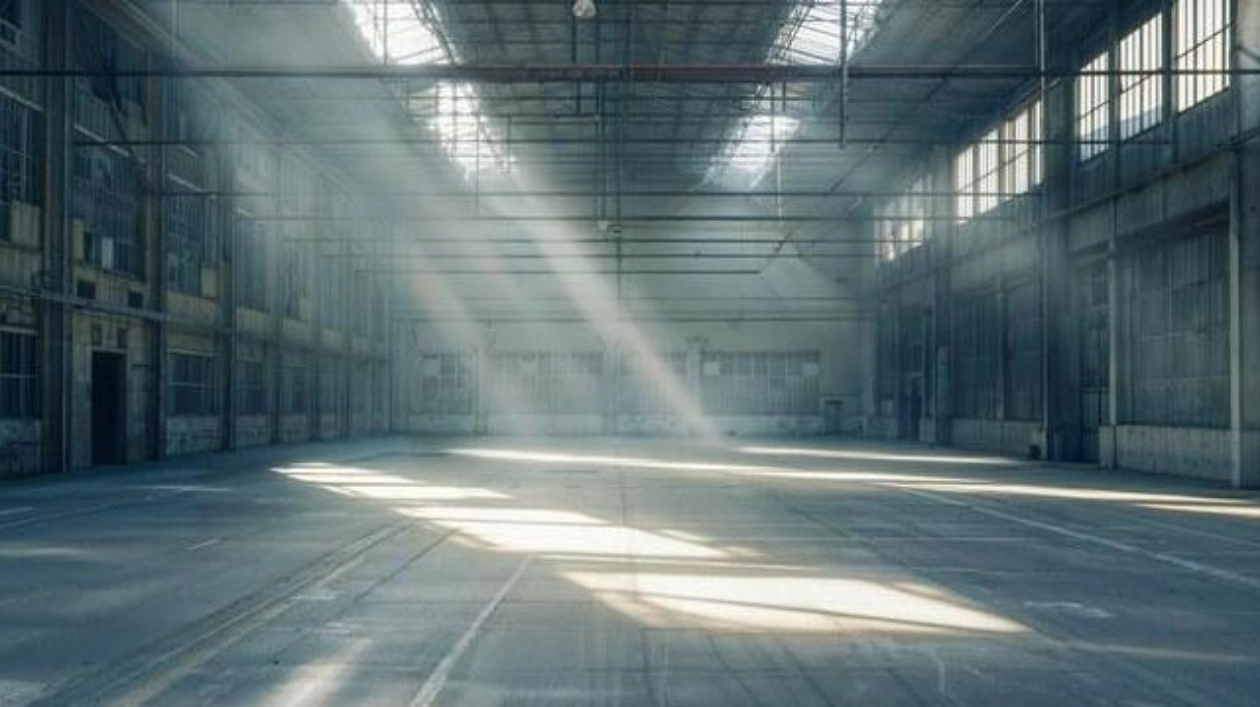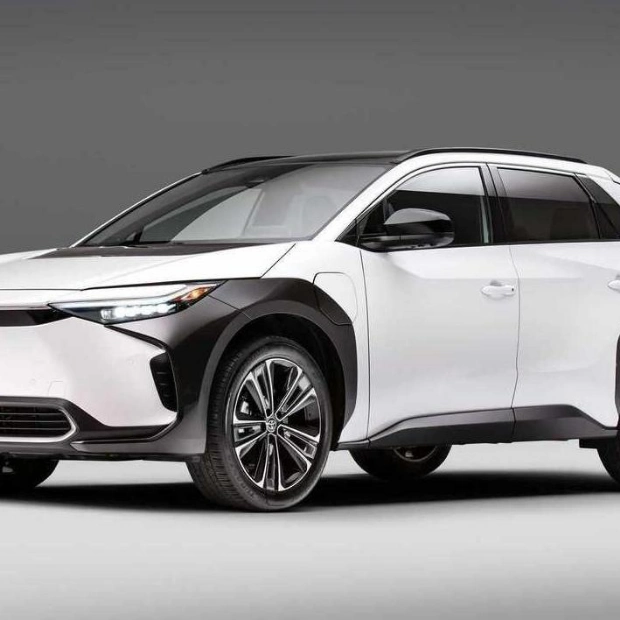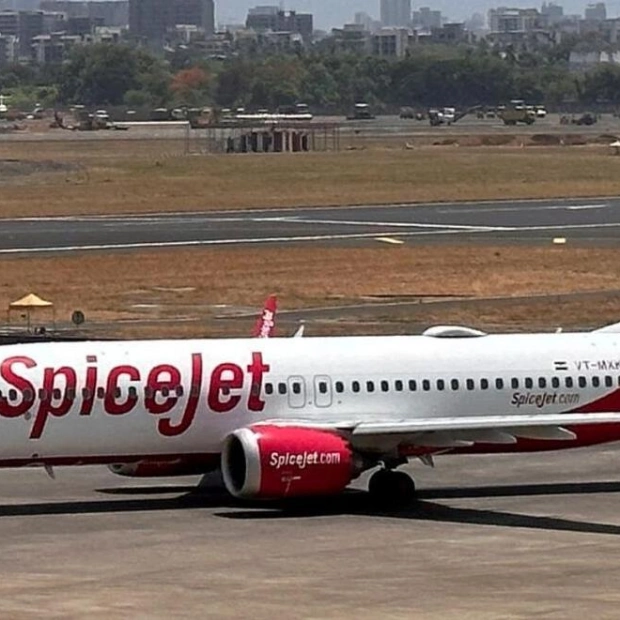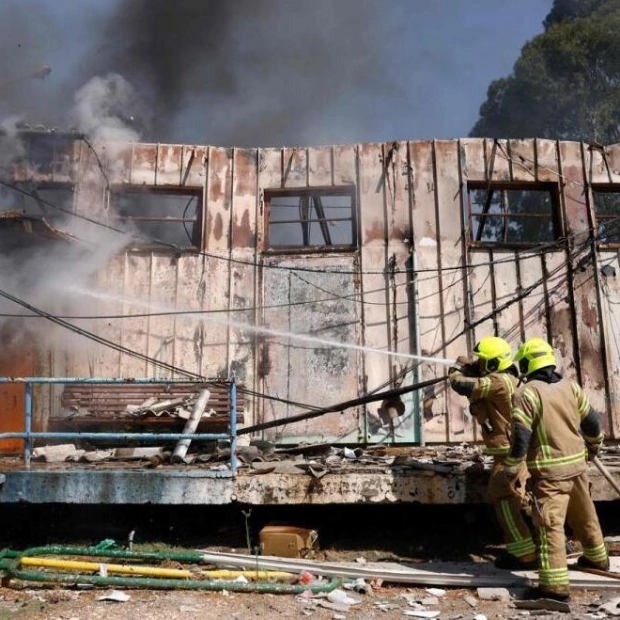RIYADH: A recent report has highlighted a 13 percent year-on-year increase in Dubai’s warehousing and industrial rental rates, driven by robust demand.
The UAE Industrial Market 2024 analysis by Cushman and Wakefield Core reveals that areas like Dubai Investments Park and Dubai Industrial City experienced the highest rental hikes, at 25 percent and 21 percent respectively.
Abu Dhabi's market has also seen a moderate rise in rental rates, with a 5 percent year-on-year increase across the city, particularly in areas such as Mussafah and the Industrial City of Abu Dhabi.
This surge is attributed to a significant imbalance between demand and supply, as the need for warehousing and industrial facilities consistently exceeds availability, resulting in higher rental rates.
Factors such as the growth of e-commerce and logistics sectors, the expansion of oil and gas companies, and the entry of new firms into the market have fueled this demand.
Prathyusha Gurrapu, head of research and consultancy at Cushman and Wakefield Core, noted that the potential for strong returns and the opportunity to meet the increasing demand for high-quality warehousing and industrial spaces are attracting institutional investors and non-industrial developers to the industrial sector.
Gurrapu added that as warehousing and industrial assets continue to offer attractive yields and stable demand, more developers and investors are recognizing the value in diversifying their portfolios to include warehousing and industrial facilities.
The report also highlights significant industrial development in Dubai and Abu Dhabi, with rising rental rates and strong demand in key hubs such as Dubai South, Jebel Ali Free Zone, and Abu Dhabi’s KEZAD Al-Mamourah.
Gurrapu stated that the UAE’s industrial and warehousing market is undergoing a transformative phase, with technology, sustainability, and strategic expansion reshaping the landscape.
Looking ahead, Gurrapu anticipates sustained rental growth and heightened investor interest in the sector through 2025 and beyond, driven by the expansion of infrastructure such as Etihad Railway and the ongoing development of Al Maktoum International Airport.
The UAE’s vision of becoming a smart city leader is transforming its industrial landscape, with warehousing and logistics centers increasingly incorporating cutting-edge technologies like automation, artificial intelligence, and the Internet of Things.
The demand for sustainable, energy-efficient facilities is also growing, aligning with the UAE’s broader goals of reducing carbon footprints and promoting sustainable development.






